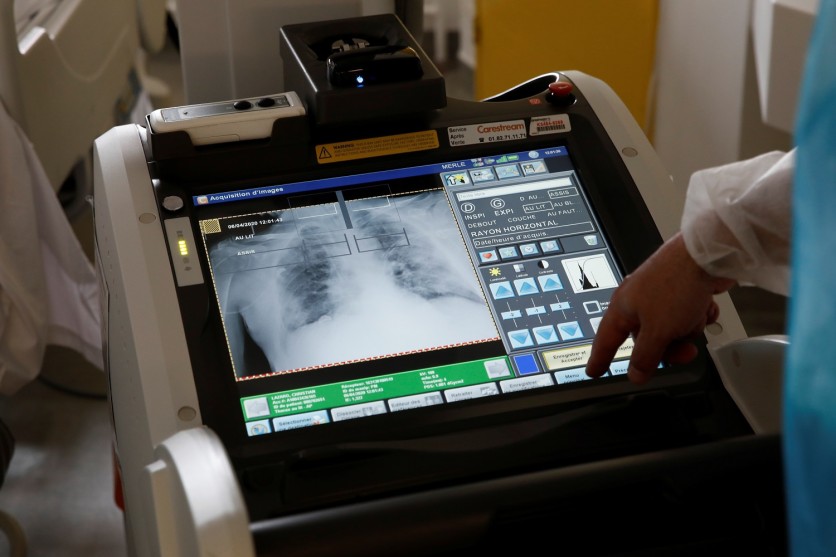A new artificial intelligence (AI) technology widely used in Wuhan, China, can scan the lungs within 10 seconds. This technology can aid in controlling the COVID-19 pandemic and even confirms if a patient is at risk of viral pneumonia from coronavirus or not.

Axial AI is a CT scan diagnosis platform that aids medical teams in analyzing the development of COVID-19 in patients faster and with over 90% accuracy rate, according to a BBC report.
Skymind Global Ventures develop the AI software, an AI ecosystem builder, and provides solutions for hospitals and research facilities regarding multiple disease analysis. After its launch in the UK early this year, Skymind recently unveiled an $800 million fund to support startups and AI research across Europe and Asia.
Extensive trial period in Wuhan
Axial AI has been widely used throughout hospitals in Wuhan, Huo Shen Shan, and Lei Shen Shan Hospital, assisting in the diagnosis of over 6,000 COVID-19 patients. A hospital in Malaysia is currently trying out the technology while the company announced last month its offer for NHS to use its Axial AI tool for free.
While AO technologies are extensively being used in tackling the coronavirus pandemic, questions regarding the reliability of these tools arise.
A Med-Tech News report states that the tool has helped doctors treat patients more efficiently "by giving them a unique, quantitative view of the trauma happening inside the patient's lungs." This leads to more efficient use of ventilators and ICU beds, which has increased increasing the patient's chance of survival.
ALSO READ : COVID-19 Effect: 'Happy Hypoxia' in Coronavirus Patients Concerns Doctors; Causes 50% Oxygen Drop
AI in NHS?
There are still no reports on whether NHS has accepted Skymind's offer to use this technology in the UK.
One possible obstacle for this technology is that the NHS commonly uses chest X-rays instead of CT scanners to make images of Covid-19 patients' lungs. Although less detailed than CT scans, X-rays are quicker to do, and radiologists can identify pneumonia in the images.
However, there is still a future for AI in British hospitals as some of them are trying out AI tools to manage the crisis. For example, the Royal Bolton Hospital now uses AI in interpreting X-ray images. It has been tried in 11,000 chest X-rays, including around 500 of confirmed Covid-19 cases.
Dr. Rizwan Malik, a radiology consultant at Royal Bolton, said the tool has been running automatically on all chest X-rays carried out by the hospital for a week. Malik also said the tool's algorithm will look for possible signs of Covid-19, including opacity patterns in the lungs.
"It basically gives clinicians another tool to help them make decisions - for example, which patients they'll admit, which they'll send home," said Malik adding that patient's data is processed entirely within the hospital's network. Meanwhile, the software was developed by Mumbai-based Qure.ai.
The BBC has reported two unnamed NHS hospitals that currently use another tool that detects abnormalities in lung X-rays. Behold.ai developed the tool, which has so far analyzed the scans of 147 suspected Covid-19 patients. The company's spokesperson said the tool successfully classified the scans as "normal" or "abnormal" in more than 90% of cases.
Meanwhile, Dr. Thomas Daniels, a respiratory specialist at University Hospital Southampton, stated that treating patients with severe lung problems caused by Covid-19 can be stressful. Although he has not yet used an AI algorithm in analyzing chest X-rays in Covid-19 patients, a tool as such could be greatly useful.
"It often takes a... radiologist hours or sometimes even days to get to that particular chest X-ray and write a report on it," said Daniels adding that an algorithm to generate a likelihood-of-Covid score could ease the process.
"That would obviously be so much quicker to generate than waiting for a radiologist report."
ⓒ 2025 TECHTIMES.com All rights reserved. Do not reproduce without permission.




